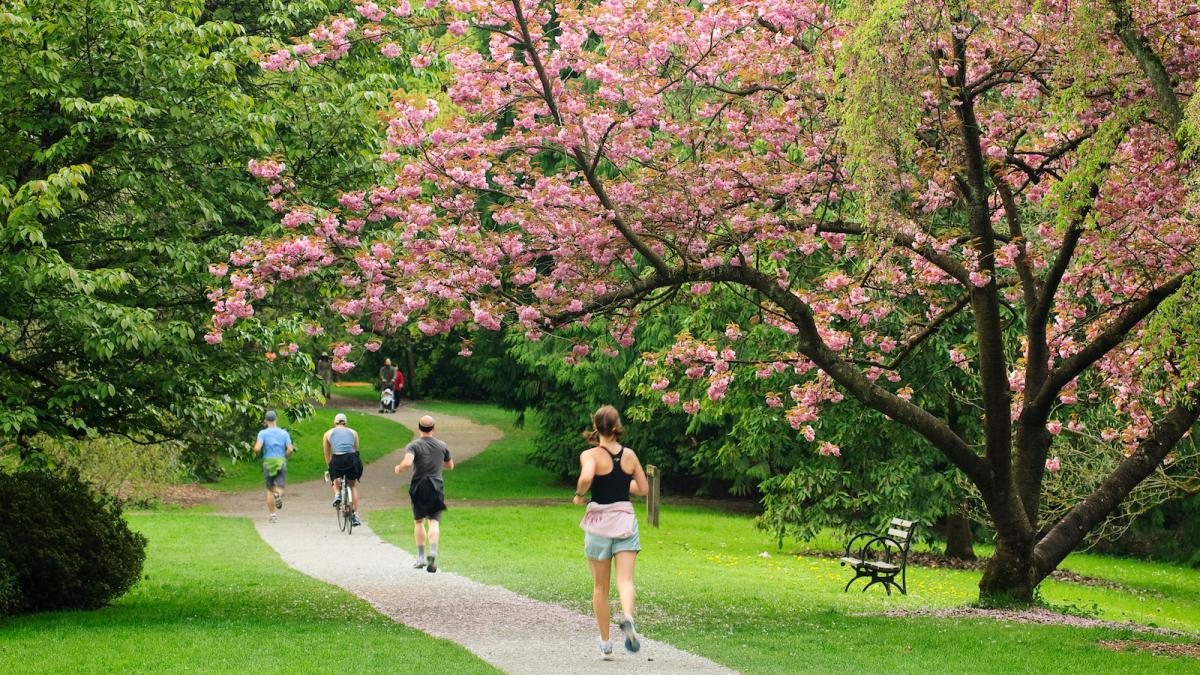This story was originally published by CityLab and is reproduced here as part of the Climate Desk collaboration.
The evidence is in: Urban trees improve air and water quality, reduce energy costs, and improve human health, even as they offer the benefit of storing carbon. And in cities across the country, they are disappearing.
A recent paper by two U.S. Forest Service scientists reported that metropolitan areas in the U.S. are losing about 36 million trees each year. The paper, by David Nowak and Eric Greenfield, was an expansion of the same researchers’ 2012 study that found significant tree loss in 17 out of the 20 U.S. cities studied.
This arboreal decline is happening even in some areas that promote “million-tree” campaigns, Arbor Day plantings, and street-tree giveaways. Cash-strapped municipalities just can’t find enough green to maintain the green. Additionally, many cities are adjusting to population booms, and to temperature increases and drought due to climate change — both conditions that can be hard on trees (while increasing their value as sources of cooling and cleaner air). There’s also a growing recognition of the inequity of tree-cano... Read more

